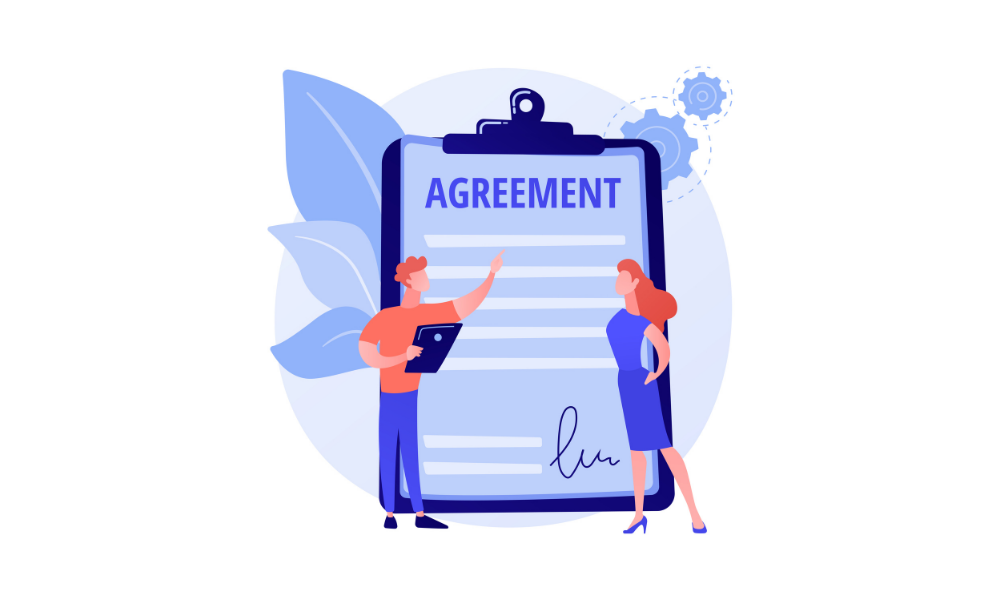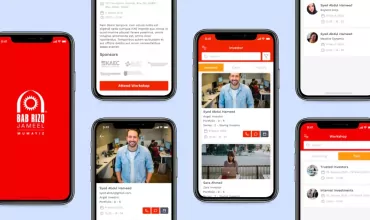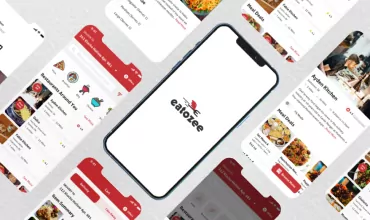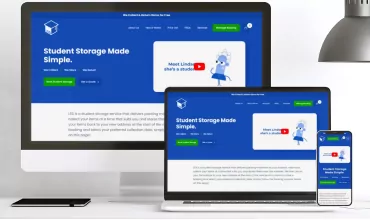What To Consider While Drafting Software Outsourcing Agreement?

Table of Contents
This blog will cover nine aspects to be considered in an agreement while outsourcing software. This includes details such as the project’s scope, terms of payment, intellectual property rights, confidentiality, penalty terms, protection of data, limitation of liability, and more.
Lately, we have discussed many facets and basics associated with software outsourcing. There are a few standard agreements that are bound by rules and by both parties must be bound by them. Categorically, there are two types of agreement in software development projects outsourcing.
- Project software development agreement
- Non-disclosure agreement
As per the business needs, a company might need to work with cross-border companies leveraging nearshore or offshore outsourcing. Because of the different rules followed in each country, these agreements are difficult to enforce. This makes companies reluctant to work with offshore businesses. That is why many companies prefer to work with offshore companies that have registered offices onsite. This makes the agreement easier to enforce even in case of disputes.
9 Things To be Considered in Software Outsourcing Agreement
1. Scope of the project
In general, everything from technical system designs, development tools, methodology, or any other systems required to complete the project is included in the scope of the work. Besides, everything required during development, and post-development support is also included. It also includes technical documentation agreements like all hardware support, source code repositories, and hosting support repositories.
2. Payment Terms
We also consider the convenience of payment when the scope of work is decided. The payment models can be fixed based on the requirements. Businesses can choose a monthly cycle for payment or can adopt a fix-price model or a pricing model based on the material used and time invested. The choice of the payment model should be done at the time of the software agreement and included in the agreement at that moment.
3. Intellectual property rights
The intellectual properties of a business include the right to a patent, trade-marks, IP access, copyrights, topography rights, data extraction from database rights, the right to protect source code, and other forms of equal property rights. This impacts the business ecosystem when outsourced. These norms have the same effect and may subsist to have similar rules anywhere in the world.
4. Penalty terms
In any case, if the performance of the request is not met or there is an incident of a data breach, enterprises must be prepared for such damages. In such instances, if both parties agree on a penalty amount, companies can fix it. Businesses can have fair compensation if the business needs are not met.
5. Confidentiality
Customers often have to disclose business secrets while providing company requirements to the custom software development company. Customers and suppliers must agree not to disclose any type of project information, business models, market strategies, trade secrets, know-how, patents, copyrights, financial information, sales distribution strategy, sales distribution strategies, and internet and Ecommerce strategies or any such information which may be written. In the software agreement, Electronic data can be collectively referred to as “Confidential Information”.
6. Data Protection
Over time, a company may have gathered a lot of information such as personal information such as name, address, email ID, phone number, etc. Law has kept it mandatory to keep this information protected. There are heavy financial penalties in countries such as the US and UK in the event of violation or misuse. The European Union has GDPR rules of its own. To prevent future disputes the role and responsibility of suppliers related to data protection should be clearly defined in the development agreement.
7. Law and Arbitration
Businesses have started including a clause of arbitration in every software development contract created nowadays. Arbitration is generally an out-of-court proceeding wherein a neutral third party element is called an arbitrator. The allegations and evidence of both the parties are heard and a binding decision is concluded. This is an alternative method to resolve disputes by adding a clause for arbitration in SLA.
8. Limitation of Liability
A clause in SLA (Service Level Agreement) is included that specifies the amount and type of damage caused by each party to other undertakings in different circumstances. It is essentially a duty to compensate for some failure to function when the service’s development needs are not met. However, a service provider can always put up a condition for maximum penalty applicable depending on the cost of the project.
9. Employee Solicitation
If the recipient has significant access to the outsourced company’s developers, then companies may want to include a provision concerning the same in their Software Agreement. This could restrict clients from employing service providers employees and vice-versa for at least 12-24 months. Sometimes, the other party may not agree to do so. Having a policy in that reference can restrict the customers from hiring the employees of outsourcing companies. This can also apply to employees working on offshore projects based in different countries.
Are you having software development requirements and looking for the RIGHT offshore development company? Contact the experts at IndiaNIC!
Conclusion
Now that you know the requirements of drafting a software outsourcing agreement, getting a lawyer’s advice is recommended.
While the type of contract, IP rights, the scope of the project, and testing can be kept between you and your vendor, the lawyer can check the legal aspects.
FAQs on Software Outsourcing Agreement
What should you include in a software outsourcing agreement?
The details to be included in an outsourcing agreement are:
- What services are to be provided
- Project cost and time
- IP rights
- Confidentiality
- Limitation of liability
- Penalty terms
- Protection of data
- Employee solicitation
- Law and arbitration
What is an outsourcing agreement?
An outsourced agreement is an arrangement in which an organization contracts with a specific service provider to perform some services that the organization currently cannot perform in-house or require the expertise of a third-party supplier.
What are the main types of outsourcing contracts?
The four main types of outsourcing contracts are:
- Time and material contact
- Flexible scope contract
- Fixed price contract
- Pain share/gain share contract
What is the most critical aspect of an outsourcing agreement with a software vendor?
Data ownership is the most crucial aspect of an outsourcing agreement with a software vendor. Some other important factors include the limitation of liability, confidentiality, and terms of penalty.
Why is outsourcing important?
Outsourcing is an excellent option for businesses to save time and money by contracting difficult aspects of the job to third-party experts. This can help you reach your business goals in a short time.



